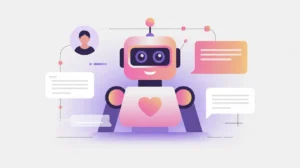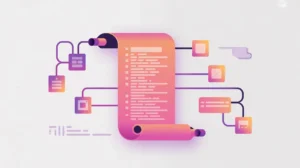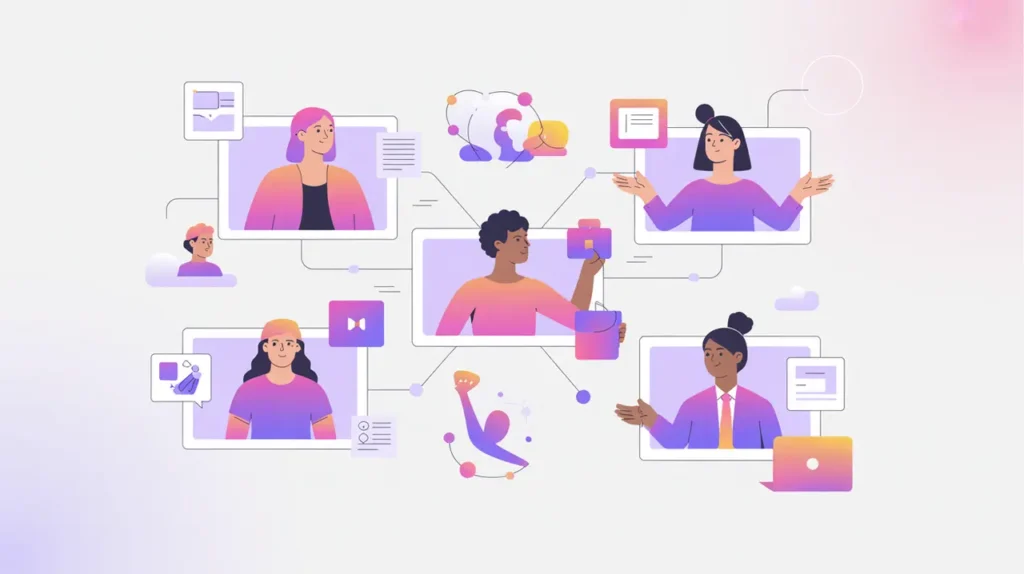Importance of Human Agency and Autonomy in AI Workflows
Human Agency and Autonomy in AI Workflows refers to ensuring that people retain meaningful control, judgment, and decision-making power when working with AI systems. While AI can automate tasks and provide insights, overreliance risks reducing humans to passive overseers or implementers of machine outputs. Its importance today lies in safeguarding dignity, responsibility, and creativity in an era where work is increasingly mediated by algorithms.
For social innovation and international development, protecting human agency matters because mission-driven organizations must prioritize accountability to people and communities, not machines.
Definition and Key Features
Agency means the capacity to act intentionally, while autonomy emphasizes freedom from undue control. In AI workflows, these principles translate into ensuring that humans can question, override, or adapt AI outputs. Governance frameworks emphasize “human-in-the-loop” and “human-on-the-loop” models, but agency goes further by ensuring workers are not sidelined.
This is not the same as automation oversight, which often focuses narrowly on error correction. Nor is it equivalent to user experience design, which optimizes usability without addressing power dynamics. Human agency in AI workflows requires institutional commitment to shared authority and accountability.
How this Works in Practice
In practice, maintaining human agency may mean that teachers retain the final say in adaptive learning platforms, clinicians can challenge AI diagnostic recommendations, or aid workers can adapt logistics plans generated by algorithms. Training and culture are as important as technical safeguards. Workers must feel empowered to exercise judgment, not pressured to defer to AI outputs.
Challenges include automation bias, where people over-trust machines; productivity pressures that discourage questioning; and opaque systems that make contestation difficult. Overcoming these requires transparency, education, and structures that reward critical engagement.
Implications for Social Innovators
Human agency and autonomy are essential across mission-driven sectors. Health programs must guarantee that clinicians rather than algorithms make final treatment decisions. Education initiatives must empower teachers to use AI as a tool, not a replacement. Humanitarian agencies must design workflows where field staff can adapt AI recommendations to local realities. Civil society organizations advocate for preserving human control in governance and labor rights.
By embedding human agency into AI workflows, organizations protect accountability, dignity, and creativity, ensuring that technology amplifies rather than diminishes human potential.






